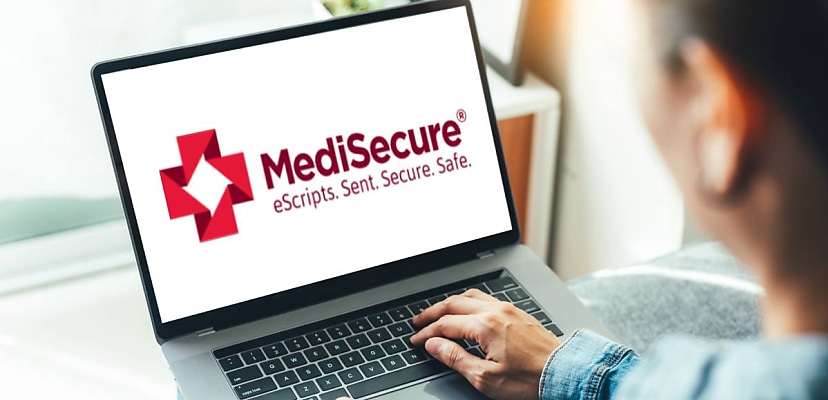Share this article on:
Powered by MOMENTUMMEDIA
Breaking news and updates daily.
Australian national cyber security coordinator Lieutenant General Michelle McGuinness has revealed the government’s initial findings after investigating the MediSecure breach that occurred last week.

LTGEN McGuinness announced yesterday (16 May) that the Australian Signals Directorate (ASD) Australian Cyber Security Centre (ACSC), alongside the Australian Federal Police (AFP), was investigating a major cyber incident regarding Melbourne-based digital prescription provider MediSecure.
In a statement published on LinkedIn earlier today, the National Cyber Security Coordinator provided an update on the investigation, urging that investigations like this “take time” and that they and the ACSC and AFP were working “as fast as we can”.
So far, the investigation has revealed that the method of compromise has been locked down and no current prescriptions have been affected.
“From the information that is currently available to the government, no current e-prescriptions have been impacted or accessed. The Department of Health has confirmed there has been no impact to the e-prescription services currently in use,” LTGEN McGuinness said.
“On the basis of technical advice from MediSecure to date, the original compromise has been isolated and there is no evidence to suggest an increased cyber threat to the medical sector.”
Currently, the national cyber security coordinator and investigating agencies are looking to determine whether or not the breach resulted in any identity documents being compromised “and are working with MediSecure, Services Australia, and state and territory credential issuing bodies to build a full picture of the impacted dataset”.
“We have not seen evidence so far to suggest that anyone needs to replace their Medicare card. If our investigation turns up any evidence to suggest Australians’ identities are at risk and they need to replace their documents, we will let them know,” LTGEN McGuinness said.
Additionally, LTGEN McGuinness announced that she convened the National Coordination Mechanism (NCM) with the National Emergency Management Agency, bringing together all government agencies and stakeholders relevant to the issue to ensure that all of them are on the same page, putting them in the best position to understand the depth of the incident and resolve it.
“Today, we will also be briefing key health sector industry bodies on the incident and our national response,” added LTGEN McGuinness.
“This will include the Australian Medical Association, the Pharmacy Guild of Australia, and major private hospital providers. These organisations and their members will play a key role in our response in the coming days and weeks.”
Meanwhile, industry leaders have also responded to the incident, noting that while the attack is severe, these major cyber attacks are only becoming more common.
“A ransomware attack on any Australian healthcare provider is devastating but should not be surprising. This incident highlights the severe implications for patient care, data privacy, and overall confidence in healthcare systems,” SentinelOne’s APAC field chief technology Officer, Wayne Phillips, said.
“Healthcare providers prioritise availability-of-service over security control to ensure positive patient outcomes, but this leaves them more vulnerable to larger attacks and longer outages. Something must change.
“The massive impact on patients and their privacy makes healthcare a soft target to ransomware attacks.
“This attack raises critical questions about the robustness of cyber security controls in the healthcare sector.
“As providers increasingly rely on digital systems, the necessity for stringent cyber security protocols and rapid threat detection and response strategies becomes paramount to safeguard against future attacks and to ensure the resilience of vital healthcare services.”

Be the first to hear the latest developments in the cyber industry.